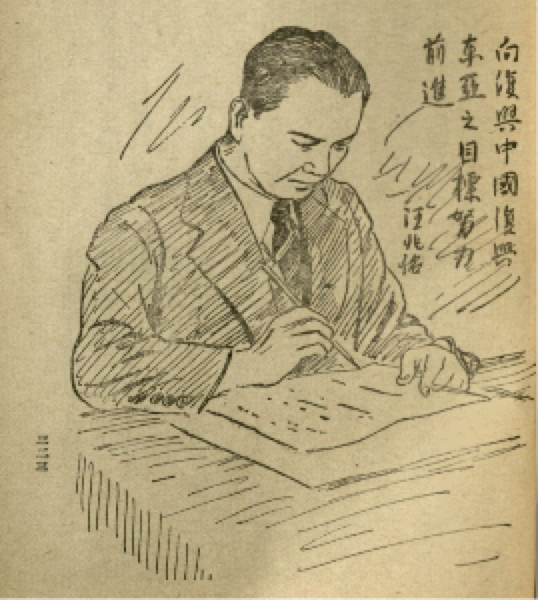News
Current Research
Aug
1
2021
Zhiyi Yang: The Memory of an Assassin and Problems of Legitimacy in the Wang Jingwei Regime

Zhiyi Yang has published a research article in the Harvard Journal of Asiatic Studies, titled “The Memory of an Assassin and Problems of Legitimacy in the Wang Jingwei Regime (1940–1945)." It examines a poetry exchange in early 1942 about a painting on the ancient assassin Jing Ke, which took place among top collaborators at Nanjing. Chinese cultural memory of Jing Ke, long contested, shifted in the twentieth century, making him into a Republican and national hero, eventually symbolizing resistance against Japan. Thus, these poems, especially considering their Japanese readership, show that although cultural memory can be evoked as a legitimizing discourse to serve political needs, its plasticity gives it versatility. Wang's own iconography as assassin, central in constructing the legitimacy of his regime, was a floating symbol that assumed varying meanings in different contexts. It simultaneously justified collaboration, assuming that Japan's pan-Asianism would usher in a new unified Qin empire, and also resistance, assuming Wang Jingwei's perceived readiness to make a personal sacrifice to save the nation.
Citation:
Zhiyi Yang. “The Memory of an Assassin and Problems of Legitimacy in the Wang Jingwei Regime (1940–1945)," Harvard Journal of Asiatic Studies 80.1 (2020): 37–83.
Image Description and Credit:
Fig. Wang Jingwei in suit and tie, writing “Advance, toward the goal of China's renaissance and East Asia's renaissance!", illustration by Itō Kikuzō, 1941
Source: Yamanaka Minetarō, Shin Chūgoku no dai shidōsha, p. 323. Image courtesy of Harvard Yenching Library of the Harvard College Library, Harvard University
- Studying at Goethe University
- International applicants
- Faculties
- Overview of study programmes
- Programme for refugees
- GRADE
- Goethe Business School (continuing education)
- Research at Goethe University
- Scientific news
- Goethe Welcome Center (for international researchers)
- Collaborative research projects
- Individual research
- Visiting fellowships
- Endowed chairs
- About the University
- News-in-brief
- University administration
- Campus locations
- Campus life
- University archives (German)
- Rhine-Main-Universities





